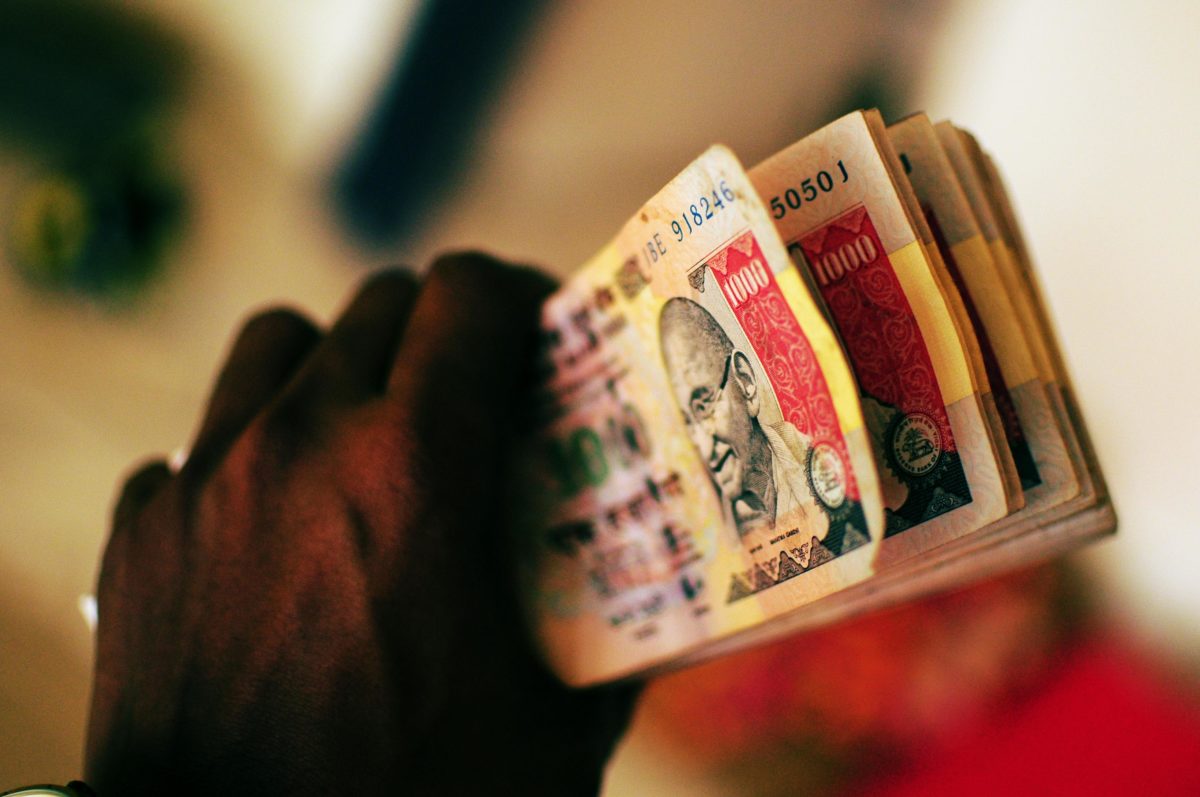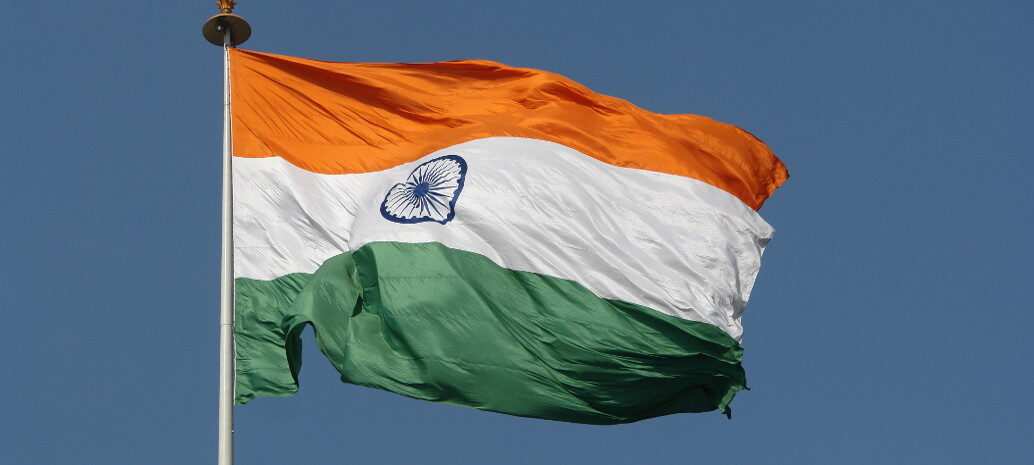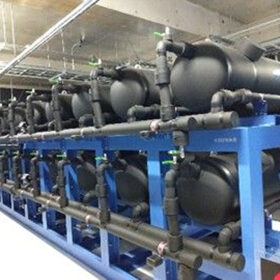To resolve the issue of delayed payments by utilities, lobby group National Solar Energy Federation of India (NSEFI) has asked the government to provide a one-time grant of Rs 4,000 crore to the Indian Renewable Energy Development Agency Limited (IREDA) in order to create a liquidity fund for Discoms. “IREDA may raise another Rs 4,000 crore from borrowings. It can then lend the corpus of Rs 8,000 crore to state Discoms—with a proper security on their receivables—to make payments to independent solar power producers,” it said.
“As Discom receivables are realized quickly, the repayment to IREDA is timely and assured. All financiers, including IREDA, would be happier with charge on Discom with control on their escrow account for ensuring end use of money. They will prefer charge on Discom than on generators as Discoms receive money directly as compared to generators that receive from Discoms,” NSEFI wrote in its letter to the MNRE.
Among other suggestions, NSEFI proposed that in case of delays in payment [of any un-disputed bill] beyond six months from the due date, the renewable energy generator should be allowed to terminate the power purchase agreement (PPA) and sign the PPA with the Solar Energy Corporation of India (SECI) for the remaining term.
As some of these PPAs might be signed for tariffs more than Rs 3 per unit, NSEFI suggested that the termination payment be computed such that equity investors’ interests are protected.
That is, “the renewable energy generator is able to earn the stipulated return with a combination of termination payment and a tariff of Rs 3 per unit. This termination payment should be paid by the SECI but recovered from the Discom as part of RBI devolution of funds to the State.”
“SECI will continue to sell power to the same discom at reduced tariff of Rs 3 per unit and should be able to trigger the tripartite agreement with RBI in case of any delay in payment,” NSEFI stated.
The lobby group further asked “SECI to come out with a framework on credit enhancement charges (charges), which should vary among Discoms based on their payment track record. The charges may vary from zero paise per unit (for Discoms that pay on or before due date) to Rs 1 per unit (for Discoms making delayed payments). These may be revised on half-yearly basis based on the payment track record of Discoms.”
NSEFI also called for the formulation of a scheme under which States are given some grants from National Clean Energy Fund in the ratio of their high-cost PPAs with RE generators. “These grants should be linked to the payment performance of Discoms and can be withdrawn in case the payments are not being made in time,” it said.
Highlighting the role of independent solar power producers in contributing to India’s solar target of 100 GW by 2022, NSEFI said that the stupendous growth in the country’s solar capacity to 28 GW from 2.6 GW three years back has been largely supported by capacity additions done by the private sector.
Implementation of the remaining solar capacity of 72 GW requires an equity investment of Rs 72,000 crore, apart from the long-term debt needed.
However, independent solar power producers are finding it difficult to infuse the required equity capital into new projects due to huge delays by Discoms in payments for power supply. Many prominent state Discoms have run large outstanding dues of over 6-9 months to solar power producers.
This content is protected by copyright and may not be reused. If you want to cooperate with us and would like to reuse some of our content, please contact: editors@pv-magazine.com.









By submitting this form you agree to pv magazine using your data for the purposes of publishing your comment.
Your personal data will only be disclosed or otherwise transmitted to third parties for the purposes of spam filtering or if this is necessary for technical maintenance of the website. Any other transfer to third parties will not take place unless this is justified on the basis of applicable data protection regulations or if pv magazine is legally obliged to do so.
You may revoke this consent at any time with effect for the future, in which case your personal data will be deleted immediately. Otherwise, your data will be deleted if pv magazine has processed your request or the purpose of data storage is fulfilled.
Further information on data privacy can be found in our Data Protection Policy.